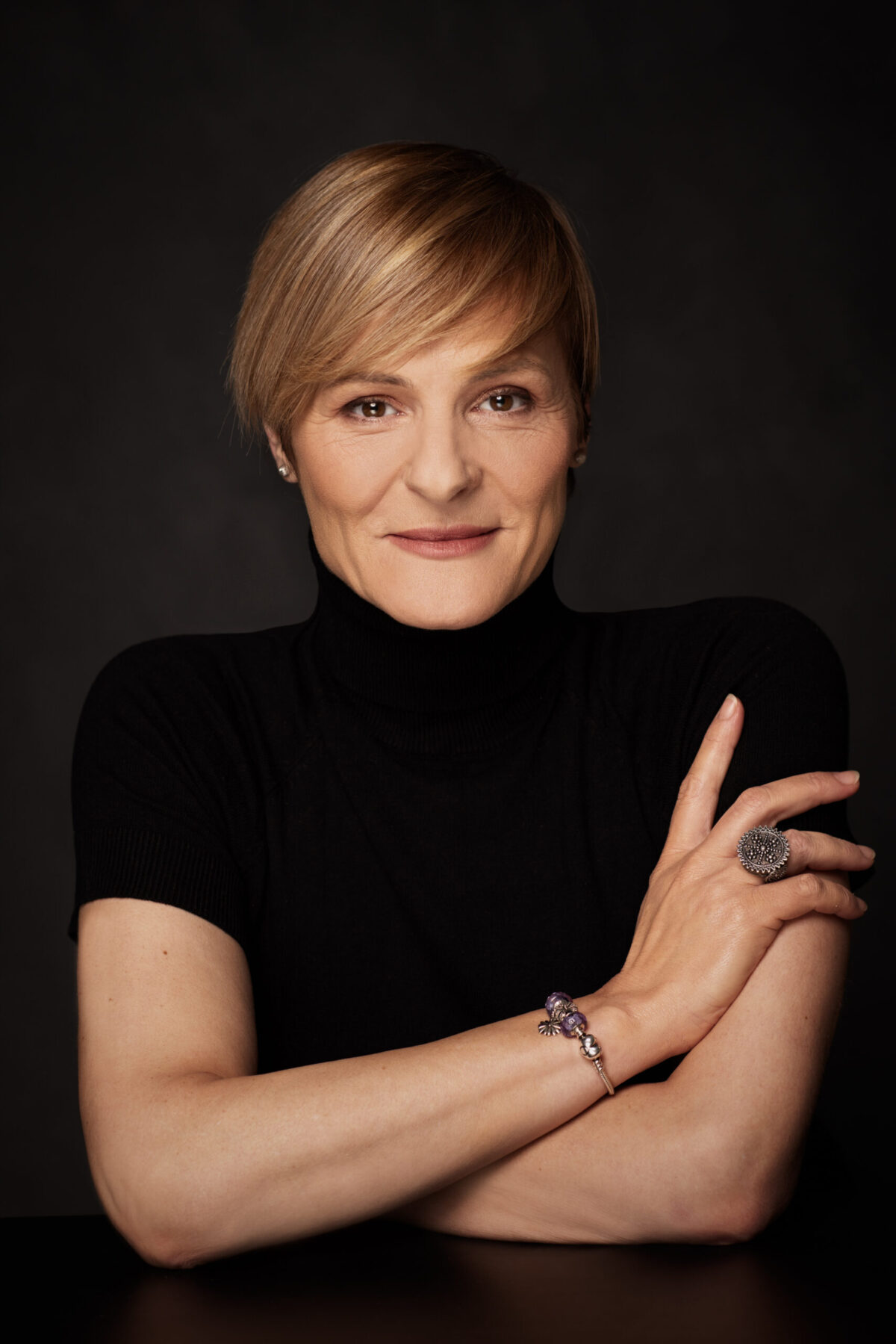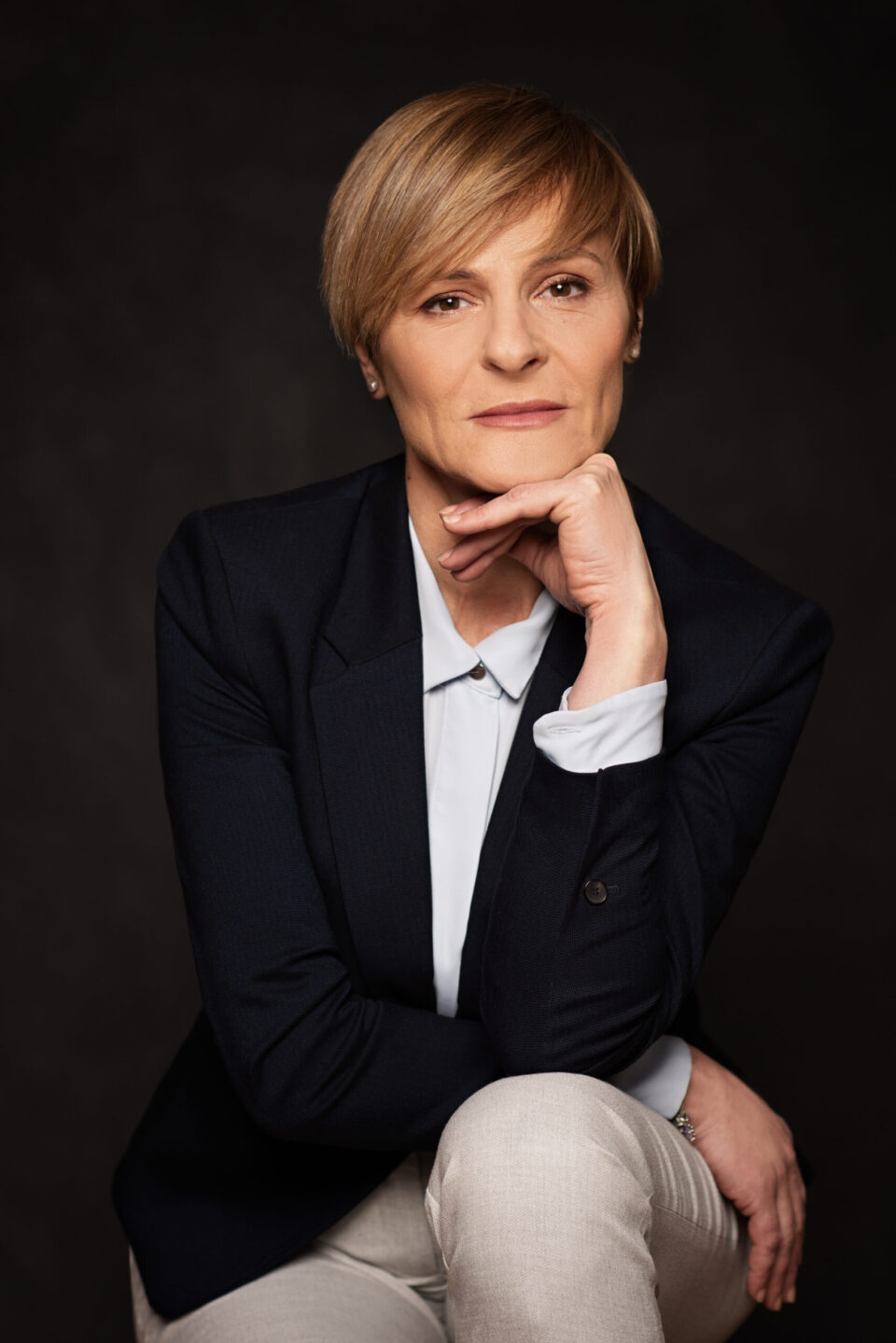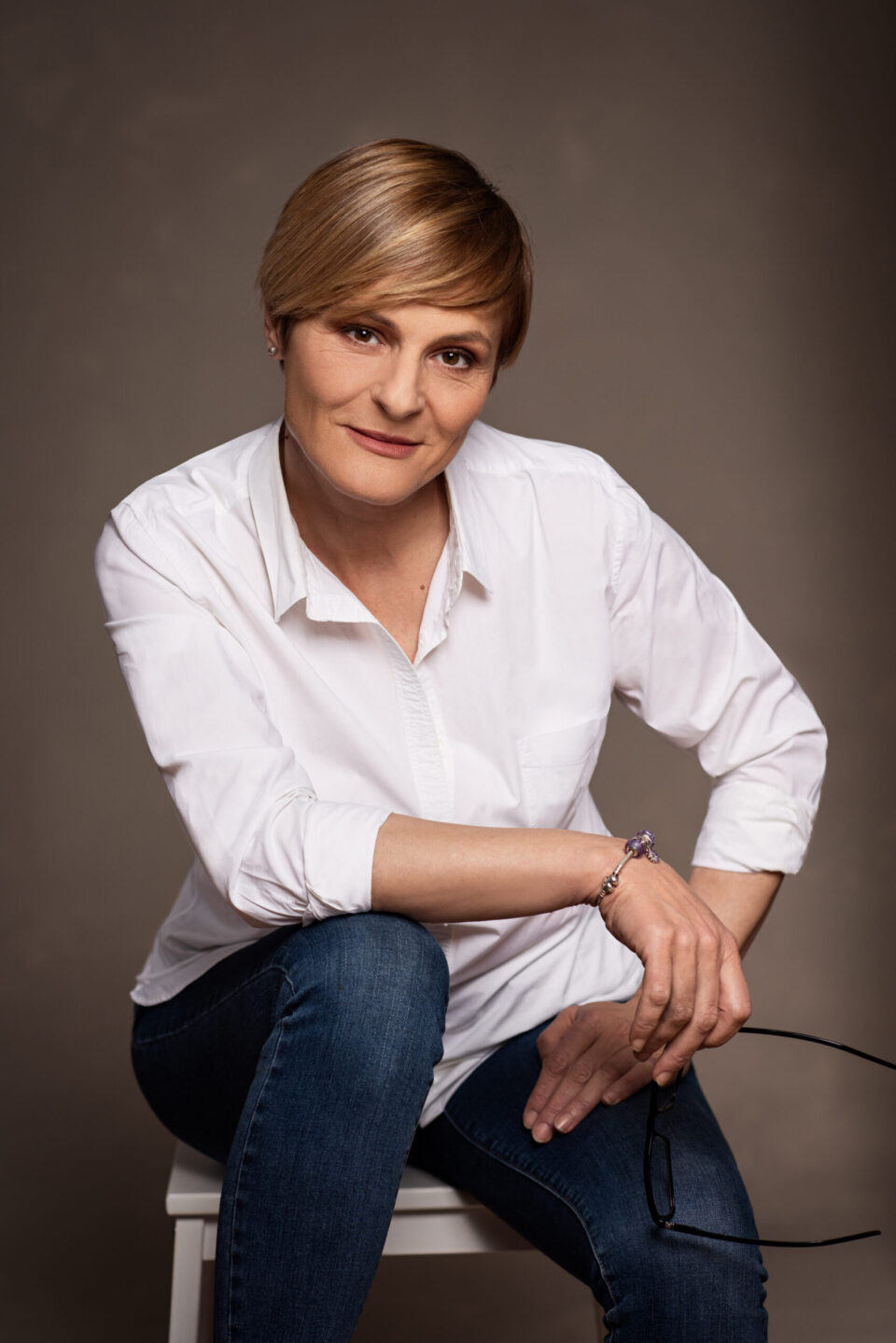My vision of the cultural development of Belgrade is the creation of an inclusive, dynamic, and inspiring cultural scene that will enrich the lives of all citizens

It is not easy to create a cultural policy for a city that has such a special spirit and tradition and that represents the cultural capital of an entire region. We talked about challenges and plans in the field of culture with Nataša Mihailović, Secretary for Culture of the City of Belgrade.
What are the biggest challenges that the city secretary for culture faces at work?
It depends on which angle you look at it. One of the biggest challenges is certainly ensuring regular and stable financing of thirty-one cultural institutions founded by the City of Belgrade, strengthening cultural production and artistic creativity. No less important is the improvement of cultural programs and content, the position of employees in culture, and there is also maintaining the balance between commercial and artistic goals, managing cultural heritage and infrastructure, as well as ensuring the inclusiveness and accessibility of cultural programs to all citizens, i.e. the realisation of the human right to participation in cultural life.
On the other hand, the challenges I face are also related to changes in social and cultural trends, reinterpretation of cultural identity in the modern context, nurturing cultural diversity, and preserving the authenticity and integrity of cultural expressions given globalisation and digitalisation. As the city’s Secretary for Culture, I also work on finding an efficient way to introduce participatory practices involving the wider community into cultural processes in the context of the role of art in shaping social norms and values.
Of all the cultural events that have taken place, which ones best represent the spirit of Belgrade?
Belgrade has a rich cultural tradition, it is recognisable for its specific spirit, irresistible poeticism and enthusiasm, and captivating energy, but also manifestations that contribute to the diversity and cultural life of the city. It is not easy to single out just one. However, the world-renowned events include Bitef, which has a significant role in representing the spirit of Belgrade. This festival brings innovative theatre productions from all over the world, which contributes to the cultural diversity and openness of the city to global cultural trends. Bitef attracts many domestic and international visitors every year, highlighting Belgrade as an important centre of contemporary theatre art. The March Documentary and Short Film Festival is one of the oldest film festivals in Europe and the world. In the past 71 years, it has become a meeting place for filmmakers from our country and abroad, producers, distributors, and representatives of renowned film festivals, a platform for inspiration and the development of new ideas, and always a good opportunity for the local audience to watch exciting and carefully selected films that they cannot see in cinemas. There are also Bemus, the Belgrade Dance Festival, and the Belgrade Jazz Festival, likewise internationally recognised for their high-quality production, impressive program, and engagement of renowned artists from all over the world. The Belgrade Dance Festival is one of the most important European festivals. Thanks to it, Belgrade has become an important stop for world-renowned artists. All these events, along with the indispensable Belgrade Book Fair, also contribute to cultural diplomacy by promoting cultural diversity, understanding, and cooperation. Through art and culture, these events build bridges between different cultures, encourage dialogue and, significantly in today’s global social context, promote peace and tolerance. Belgrade events improve the reputation of the city as open and cosmopolitan and promote Serbian culture and art worldwide in the best possible way.
I must also mention the Fest, which has a long tradition and an important role in the promotion of film art in the region. I am often criticised for the fact that the Fest has twice the budget of other events and in some cases more than twice. I don’t know, maybe they are right, especially considering that the amount of money usually does not determine the quality. I’m sorry that the Fest lost the race with some other festivals since Belgrade is the cultural centre of our region, where artists used to confirm their careers which made the Fest indispensable for international stars. In the coming period, we will work to bring the Fest closer to the new tendencies of international film festivals, which will attract new audiences and once again make Belgrade a relevant centre of film culture in this part of Europe, which it certainly deserves.
It is important to create space for dialogue, exchange of ideas, and cooperation
How would you assess the current state of Belgrade’s cultural scene?
The current state of the cultural scene in Belgrade can be described as dynamic and diverse, but at the same time faced with certain challenges. The city still has a rich cultural life with various art events, exhibitions, concerts, theatre performances, and film festivals. However, there are also issues such as lack of space, infrastructural problems in cultural institutions, and challenges in promoting cultural events to a wider audience. Also, continuous investment in the development of new ideas and approaches is needed to refresh the cultural scene and maintain its relevance in today’s rapidly changing world.
In addition to classic cultural events, Belgrade also has a rich scene of visual and contemporary art that contributes to the cultural landscape of the city. Galleries, art spaces, and museums often organise exhibitions of contemporary artists from Serbia and beyond, as well as artistic events such as performances, installations, and multimedia projects. This scene represents a space for experimentation, interaction, and expression of contemporary ideas and aesthetics, and significantly contributes to the vitality and dynamism of the city’s cultural life.
What is your vision of the cultural development of Belgrade?
My vision of the cultural development of Belgrade is the creation of an inclusive, dynamic, and inspiring cultural scene that will enrich the lives of all citizens. This includes supporting diverse artistic expressions, promoting creativity and innovation, and ensuring that cultural events and institutions are accessible to all, regardless of social status or background. It is also important to invest in education and support for young artists, as well as the preservation and promotion of Belgrade’s rich cultural heritage. Through these efforts, Belgrade can become even more recognisable as the leading cultural centre of our region, attracting artists, visitors, and investments, while at the same time contributing to the quality of life of its residents.
It is important to create space for dialogue, exchange of ideas, and cooperation between artists and cultural institutions to encourage creativity and innovation. I try to direct the city’s cultural policy toward ensuring transparency, fairness, and inclusiveness in the distribution of funds and support for cultural projects and organisations.
In addition, it is necessary to invest in education and training to encourage the cultural development of young talents and provide access to art for everyone, regardless of social status or geographical location. In the past year and a half, we have achieved intensive cooperation with educational art institutions and have given the chance to students of art faculties to participate together with their professors and city institutions in the creation and implementation of city manifestations. Also, it is important to preserve and promote the cultural heritage of Belgrade through the restoration of historical landmarks, museums, and archives.
 How does the City Secretariat for Culture encourage cultural creativity?
How does the City Secretariat for Culture encourage cultural creativity?
First of all, the Secretariat encourages closer cooperation with other cultural institutions, non-governmental organisations, the economic sector, and international organisations to jointly develop and implement cultural projects.
Through these activities, we try to create a supportive environment that encourages cultural creativity and contributes to the development of the city’s cultural scene.
Additionally, it is important to support programs that encourage interaction between cultural institutions and the community, as well as projects that promote inclusivity, diversity, and citizen participation in cultural activities. This can contribute to the creation of a more vibrant cultural life in the city and strengthen the ties between cultural institutions and the local community.
We try to create a supportive environment that encourages cultural creativity and contributes to the development of the city’s cultural scene
Is there international cooperation in the form of agreements and initiatives for cultural exchange and joint projects that would improve the situation in the cultural community?
Yes, the European Union has various programs and funds that support cultural cooperation between member states and partner countries, such as the Creative Europe program. There are also regional initiatives such as the Central European Initiative or the Strategy for the Danube Region that promote cultural cooperation between countries in the region. We encourage cultural institutions to get involved in such initiatives and apply to international calls for the realisation of various projects.
It is also important to work on the decentralisation of culture and support institutions outside the city centre to ensure the availability of cultural content and activities city-wide. This can contribute to the inclusiveness and participation of citizens from different parts of the city, as well as strengthening the local cultural scene and identity.
Through continuous education, an innovative approach, and support for the decentralisation of culture, the City Secretariat for Culture can contribute even more significantly to improving the quality and availability of cultural programs in Belgrade, as well as strengthening cooperation with the EU and other international partners.
Photo: Andjela Grozdanić
